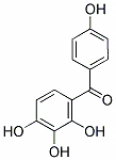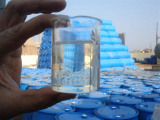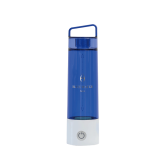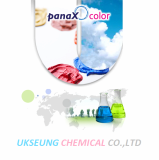Dyeing Auxiliaries
Negotiable Min Order Quantity Unit
- Required Quantity
-
- Place of Origin
- China
- Payment Terms
- Negotiable
- Production method
- Negotiable
- Shipping / Lead Time
- Negotiable / Negotiable
- Category
- Catalyst & Chemical Auxiliaries

HT Fine Chemical Co, Ltd.
- Verified Certificate
-
7

| Product name | Dyeing Auxiliaries | Certification | - |
|---|---|---|---|
| Category | Catalyst & Chemical Auxiliaries | Ingredients | - |
| Keyword | fixing agent , textile auxiliary , dyeing auxiliaries , silicone softener | Unit Size | - |
| Brand name | - | Unit Weigh | - |
| origin | China | Stock | - |
| Supply type | - | HS code | - |
Product Information
Dyeing auxiliaries are fine chemical products in the textile printing and dyeing industry applications. Dyeing agent is an important type of textile printing and dyeing auxiliaries, generally according to the classification of dyes, to name different types of dyeing agents. Dyeing auxiliaries is mainly included auxiliary for cotton, auxiliaries for polyester, auxiliaries for wool and nylon, auxiliaries for acrylic etc.
To be specific, dyeing agents include leveling agent, fixing agent, dispersing agent, fluorescent whitening agent and softener. Textile dyeing auxiliaries are essential to enhance the value-added and upgrading of textiles, they can also make the textile more contemporary, functional, and high-grade. To some extend, dyeing auxiliaries quality affects directly the fabric quality.
HT Fine Chemical thinks that the color difference of reactive dyes of cotton knitted fabrics is mainly related to dyeing auxiliaries, such as leveling agent, dispersant, anti creasing agent or fiber protection agent and dyestuffs cosolvent.
Some example chemicals used in textile dyeing:
1.Leveling agent
Light-colored reactive dyes need to use a certain leveling agent to achieve uniform dyeing, and dark not necessarily to add leveling agent. In the actual production process, three kinds of dye coloring is often use a dye as the base (the amount of 80%~90%), the other two dyes for auxiliary colors
2.Anti creasing agent or fiber protection agent
Because of the characteristics of the rope-like dyeing of knitted fabrics, it will inevitably form some wrinkles in the process of pretreatment and dyeing, and add such dyeing auxiliaries to improve the feel and appearance of the cloth.
3.Dyestuffs cosolvent
Turquoise and other active dyes with larger molecular weight, its dissolution and dyeing are more difficult, in the dyeing to add the appropriate amount of cosolvent, dye molecules can be better dissolved in the dye bath, on the other hand, can make the fiber swelling, in order to facilitate the dye molecules into the internal infiltration of fiber to achieve uniform dyeing purposes.
HT FINE CHEMICAL is expert in production and exporting all kinds of textile auxiliaries, and has long time R&D experience and actual operation knowledge in?textile chemistry area.
B2B Trade
| Price (FOB) | Negotiable | transportation | - |
|---|---|---|---|
| MOQ | Negotiable | Leadtime | Negotiable |
| Payment Options | Negotiable | Shipping time | Negotiable |

- President
- Connie Liu
- Address
- Bailian Tree Park, Taihe, Qingxin, Qingyuan, Guangdong, China
- Product Category
- Catalyst & Chemical Auxiliaries
- Year Established
- 2005
- Company introduction
-
HT Fine Chemical Co., Ltd, founded in year 2005, is a large scale high-tech printing & dyeing auxiliaries manufacturer in Qingyuan City, Guangdong Province,China. We have specialized in textile auxiliary chemical for more than 10 years, combines R&D, Production, Sales and Service together. <br>HT owns large workshops with complete manufacturing facilities and strong R&D capability and inspection labs, and with more than 30 reaction kettles and perfect sewage treatment system, all our products comply with environmental standards, and HT has passed the SGS international certification testing by the third party.
- Main Product


































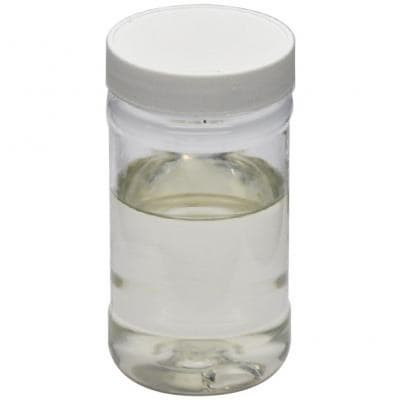
 China
China



